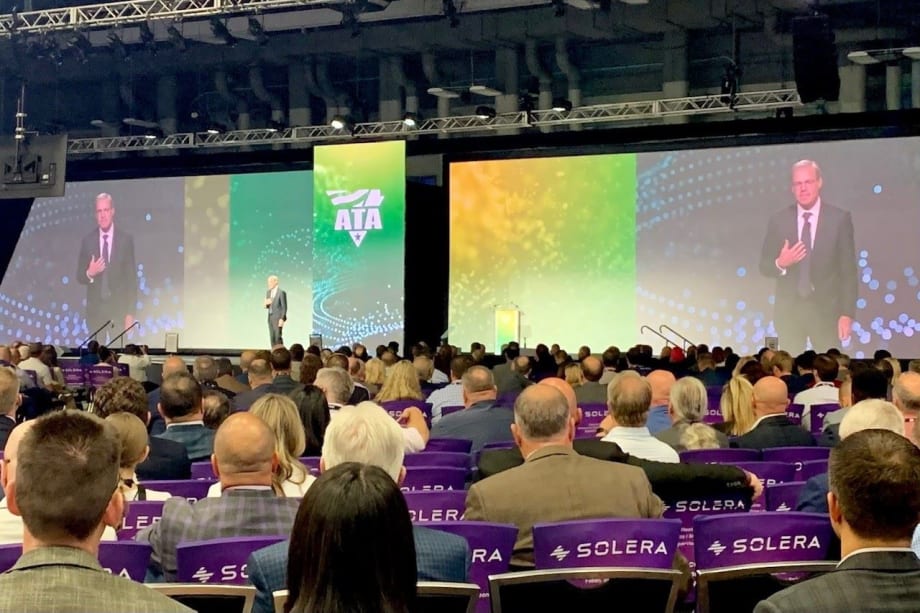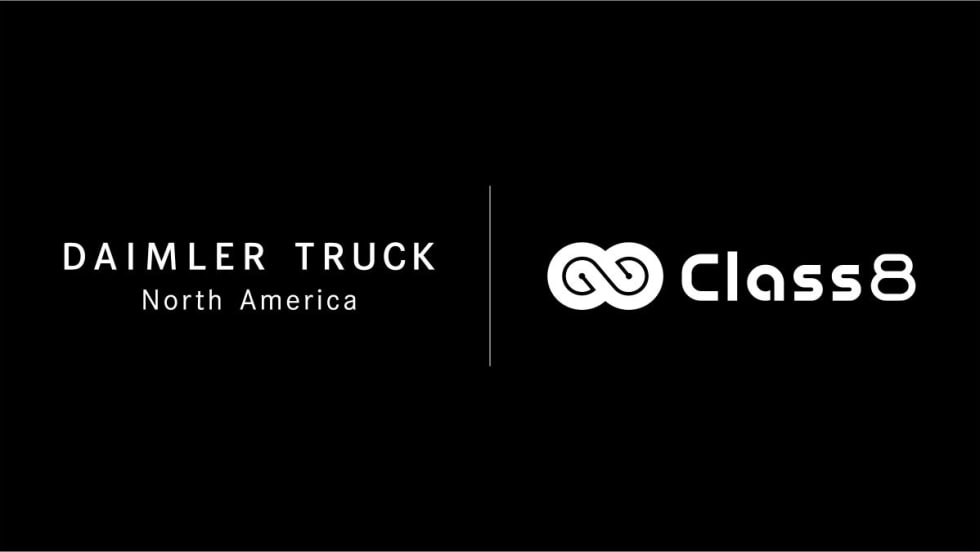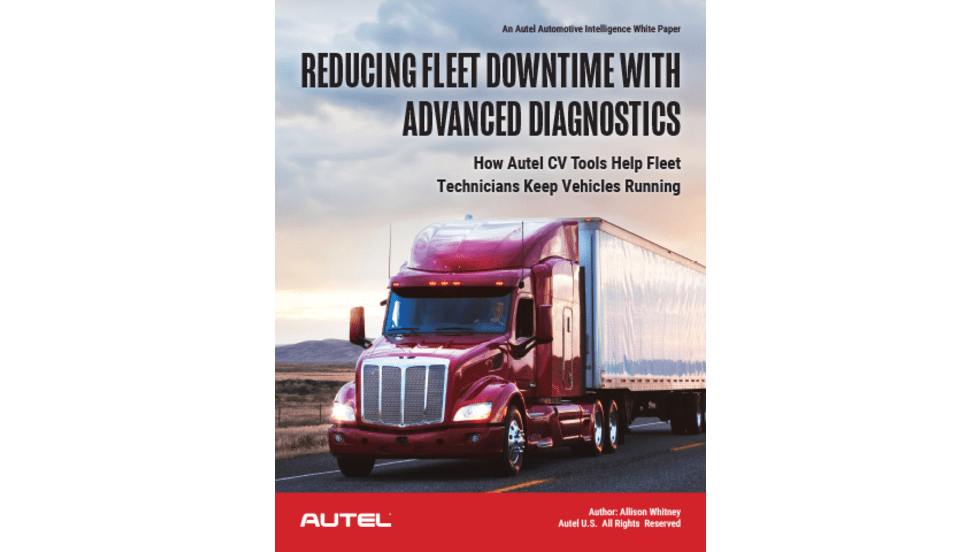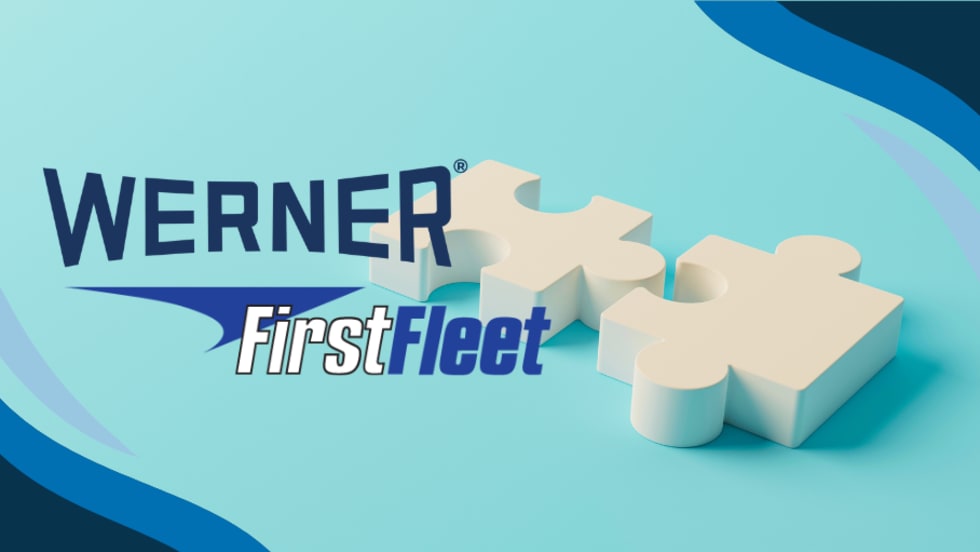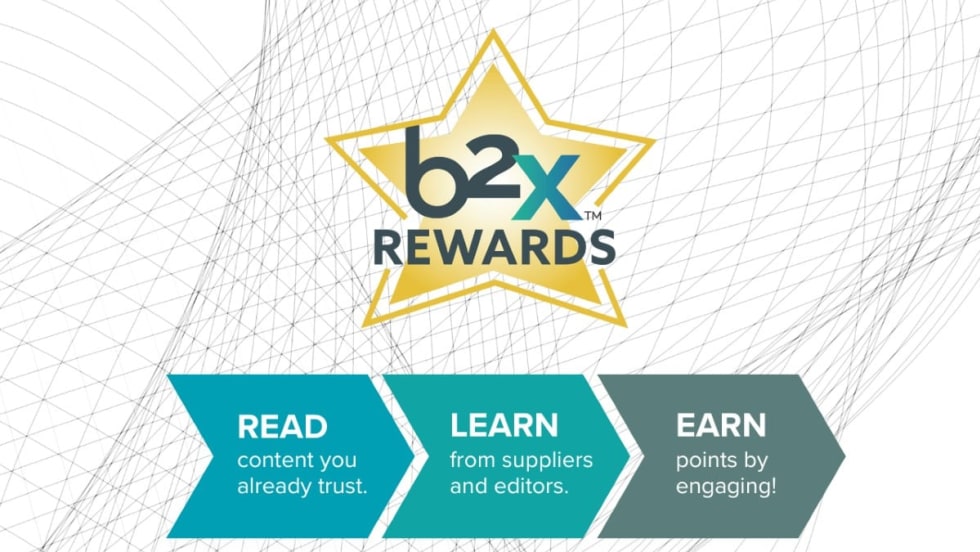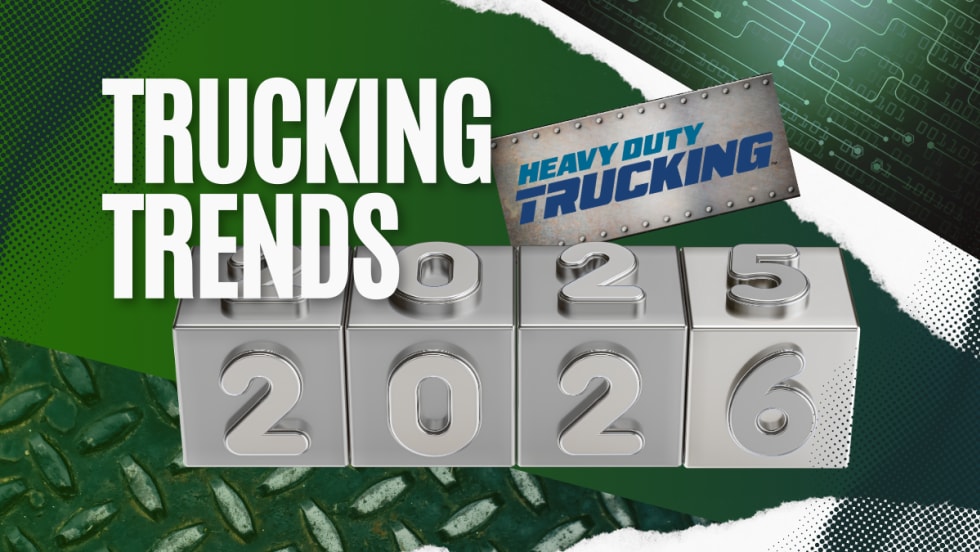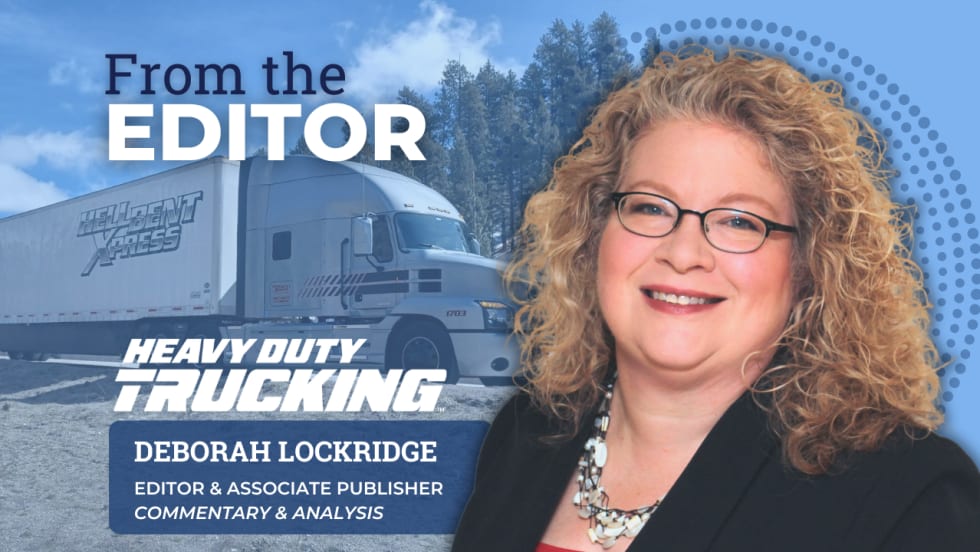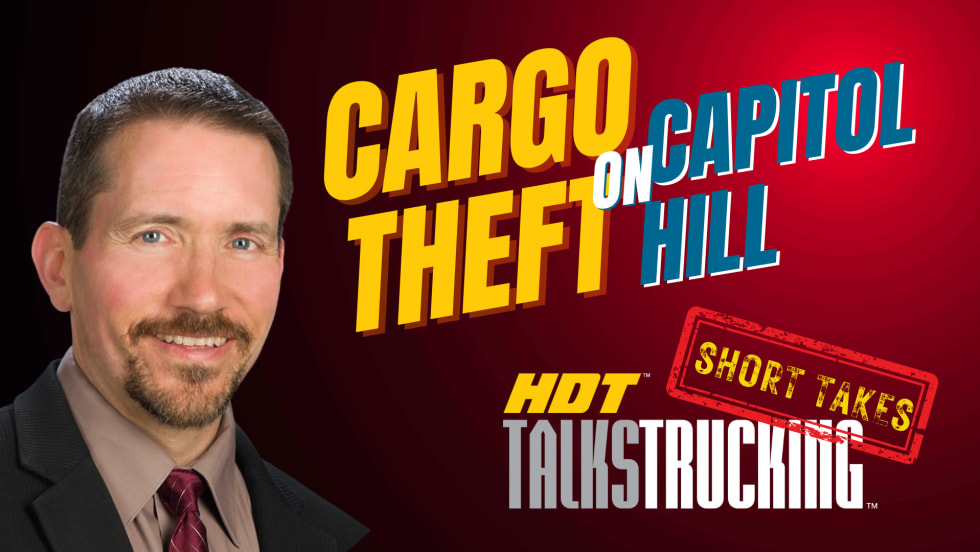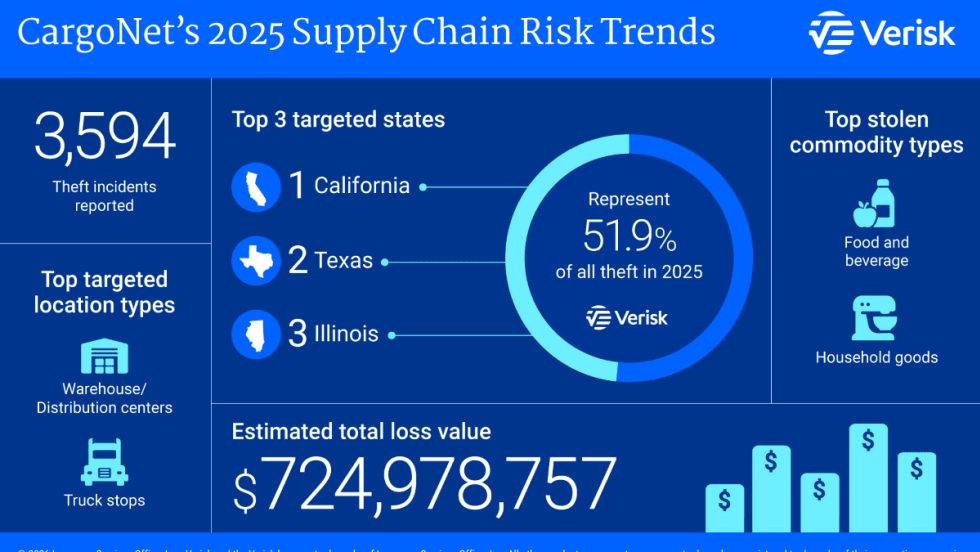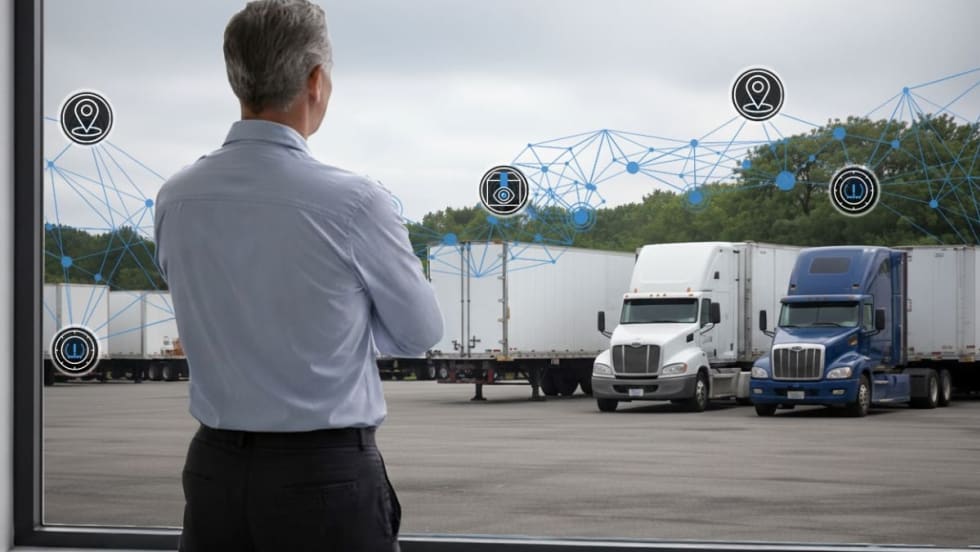American Trucking Associations chief Chris Spear took aim at "trial lawyers chasing jackpot justice, self-promoting union bosses, and delusional environmental extremists" in his state of the industry address.
American Trucking Associations President and CEO Chris Spear had sharp criticism for unions, plaintiffs’ attorneys, and the California Air Resources Board in his state of the industry address at ATA’s Management Council and Exhibition in Austin, Texas, Oct. 16.
“We come to Austin to sharpen our ability to navigate the future of trucking,” he said. “Your firsthand experiences help shape our story. This very real, data-based narrative was shared during six Congressional hearings this year, allowing ATA to steer the legislative process toward your tier one priorities.
“This steady cadence of truth and common sense is what you expect of your association. It cuts directly through the rhetoric and emotion peddled by our foes: Trial lawyers chasing jackpot justice, self-promoting union bosses, and delusional environmental extremists. Together, these constitute a clear threat to our industry’s ability to grow and support our nation’s economic security.”
Labor Unions 'Desperate'
Spear attacked labor unions, especially the International Brotherhood of Teamsters, accusing union bosses of buying access, regulation, and legislation, such as California’s AB5 and the PRO Act.
“Union organizing campaigns claim we’re to blame for putting profits ahead of safety, pay, and benefits,” Spear said. Union leaders, he said, have told him candidly that truck drivers need unions because they can’t speak for themselves.
The nation’s 3.5 million truck drivers, Spear sad, are perfectly capable of speaking for themselves. “They don’t need some showboating union boss to do it for them.”
While union membership has plummeted, he said, the trucking industry has grown, and union bosses are “desperate,” trying to prove their relevance.
When Yellow Freight went under this summer, Spear said, “30,000 Yellow employees lost their jobs — including my niece — because one oof the two parties refused to come to the table.”
ATA stepped in and worked to connect those in need of jobs with ATA members. “What has the Teamsters done to help? Nothing. Just self-promoting tweets and blame.”
Plaintiff’s Bar: 'Jackpot Justice'
“Our war with the plaintiff’s bar carries on,” said Spear, calling plaintiffs’ lawyers a “syndicate… preying on companies and ruining the lives of employees.”
However, he said, ATA is winning, with major victories in Florida and Iowa.
“Elected officials at all levels of government are listening, many are now acting, thanks to you. That’s leadership. There have now been over a dozen reform bills passed since ATA declared lawsuit abuse a tier one priority in 2019, and there are now a dozen more states lining up to do the same.”
“Industry law firms are paying close attention, and they should be,” Spear said. “Their greed is their downfall and it’s our job to expose it.”
But this battle, he said, is not for the faint hearted.
“They fight dirty. Ask anyone who recently took part in Florida and Iowa. We led with the truth, and common sense prevailed.”
“You want to put trial lawyers on their heels? Speak up. Help make lawsuit abuse a priority in your state capital. Lend your support and testimony. Jackpot justice has no place in our industry and certainly no place in the courtroom.”
California's Zero Emissions Mandates
“Today we stand alongside the California Trucking Association as they file suit against the California Air Resources Board,” Spear said, calling CARB “an unelected, ill-informed band oof extremists who have no clue the impact their [zero-emission truck] timelines and targets will have on our economy.
“With a dozen more states eager to follow CARB right off the cliff, California is now setting national environmental policy, making the federal EPA irrelevant and obsolete.”
He pointed out that starting Jan. 1, 2024, California’s Advanced Clean Truck rule starts taking effect, requiring truck makers to phase in production and sales of zero-emission equipment.
By 2030, he said, the Advanced Clean Fleets rule will apply to all fleets, requiring them to operate zero emission trucks. ACF starts phasing in next year, as well, with drayage fleet serving California ports unable to register trucks after Jan. 1 to operate in the ports that are not zero emissions.
“If this all goes unchecked, the charging infrastructure required will not be in place,” Spear said. “There won’t be more power flowing through our grid, especially in a state like California where rolling blackouts are already widespread.”
Then there are questions about where supplies of raw materials such as lithium will come from and operational challenges such as charging times and range, he said. “We need operational parity.”
A Better Way to Reduce Emissions
There’s a simpler solution to drive down emissions, Spear said.
“At ATA, we start with yes. If the goal is to reduce emissions, eliminate the century-old federal excise tax, which adds 12.5% to the price of every new tractor purchased today. That’s roughly $25,000 per power unit. Those same new trucks produce 98.55 less emissions than half of all trucks currently operating in California.
“In fact, 53% of trucks operating today in California are equipped with 2010 model engines or older. Replacing them with today’s new equipment would reduce emissions in the state by 83%. We can cut emissions, starting right now.
“This would save lives by putting the safest equipment on our roadways. And it would support jobs… union jobs, which I understand is a major priority to the most “pro-union president in American history.”
“Truth is, there’s something in this for everyone. And most important of all, our solution is achievable — no rainbows, no unicorns needed.”
All this, Spear said, shows why advocacy matters.
“Without a seat at the table, our industry… our way of life… could look entirely different over the next decade. Which is why we must evolve and adapt more quickly than any threat that comes our way.”




